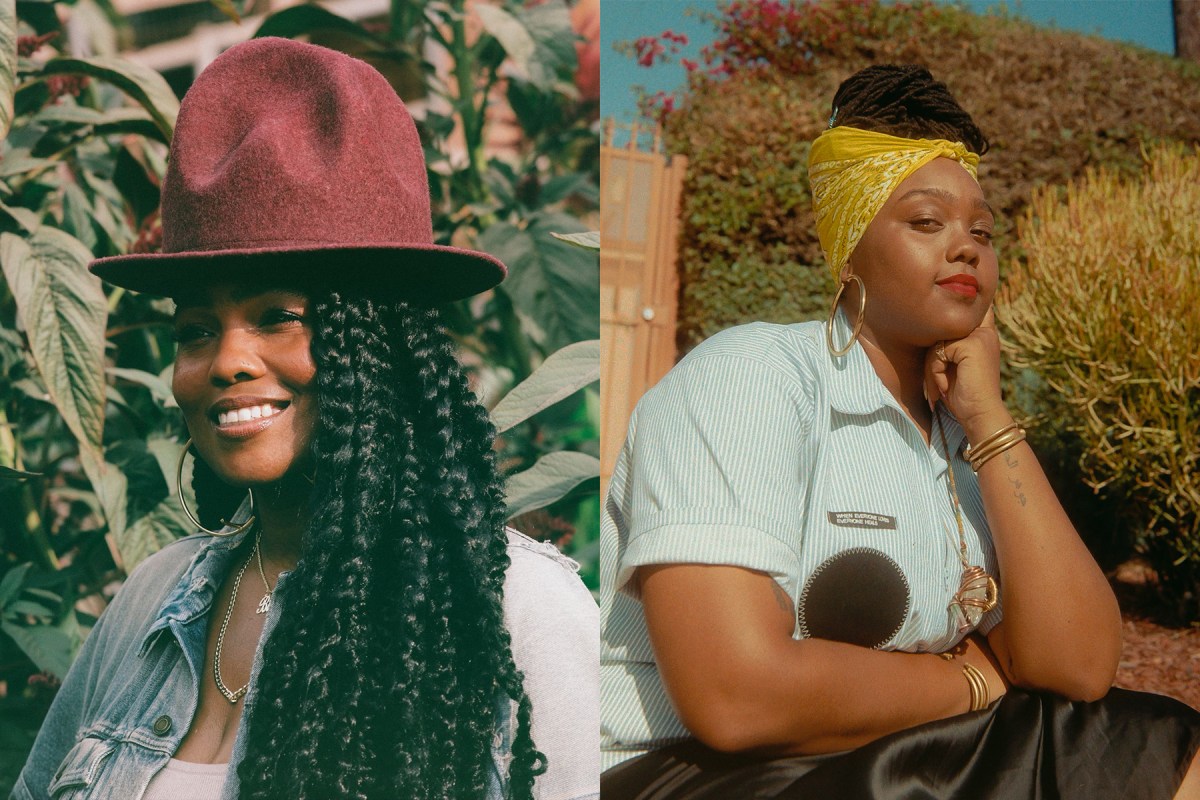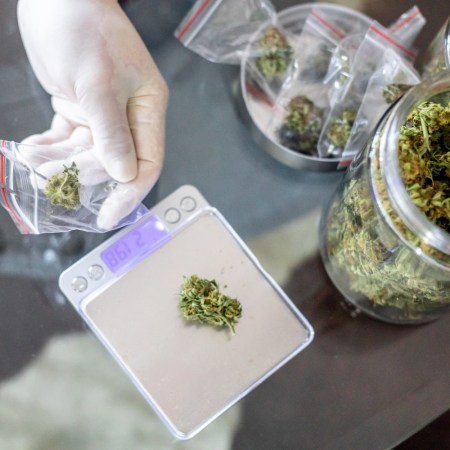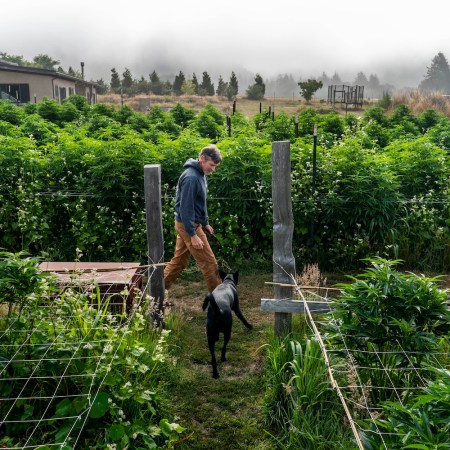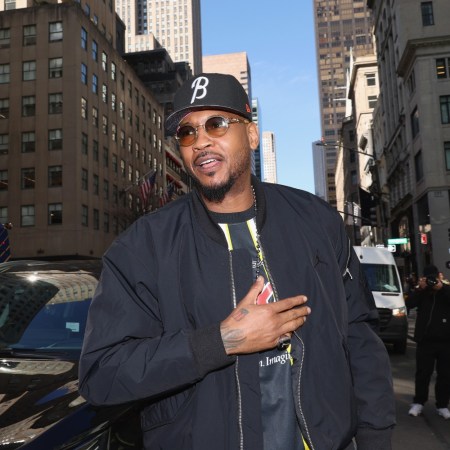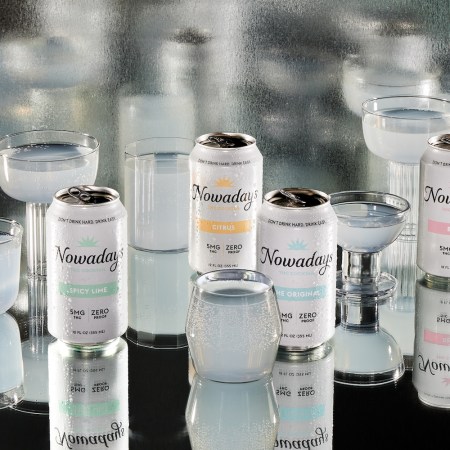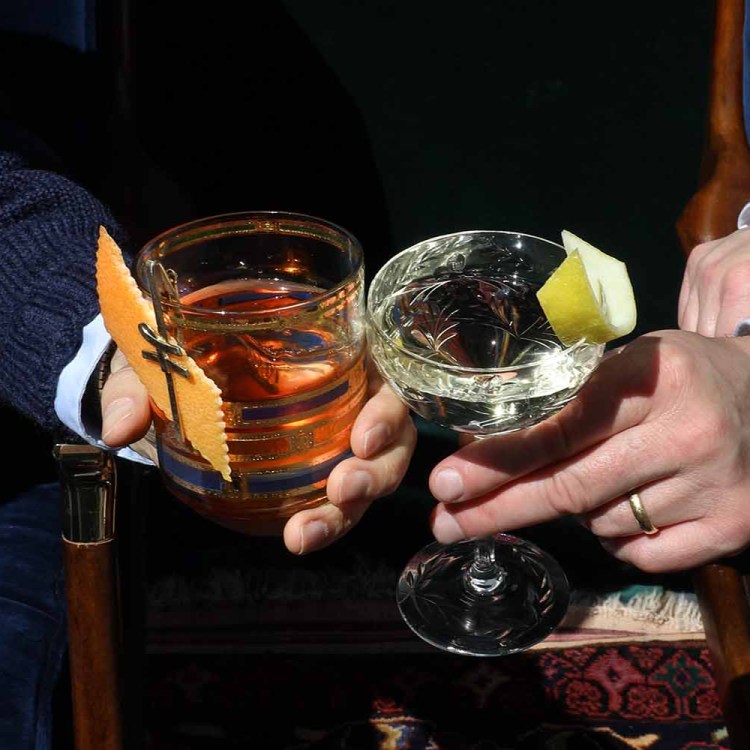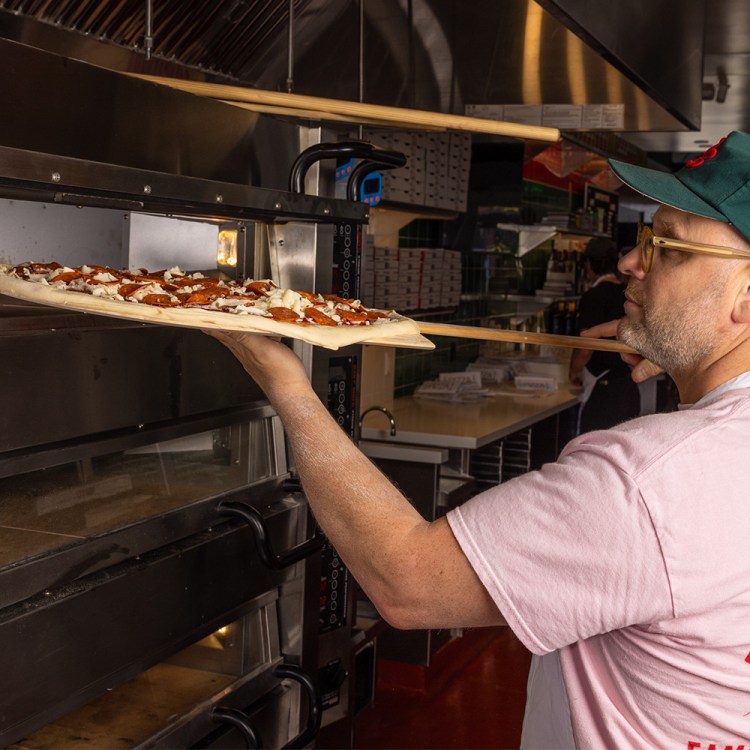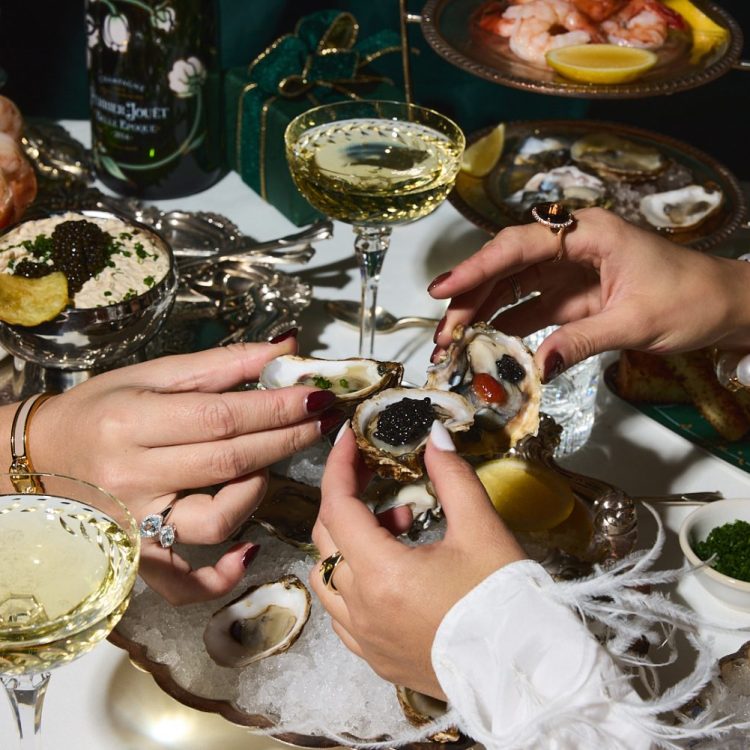Gorilla Rx is a lifestyle brand born out of a serendipitous and arduous journey. Its founders are a mother-and-daughter team: Kika Keith (aka Big Kika) and Kika Howze (aka Little Kika), the first Black women to own and operate a cannabis dispensary in Los Angeles.
Here, we talk to the pair about the endless hard work that’s gone into making their business a success within the Los Angeles social equity space — despite the roadblocks that they and other entrepreneurs have encountered while operating alongside the city’s once-vaunted Social Equity Program.
InsideHook: The Social Equity Program, run by the City of Los Angeles, says its goal is to “promote equitable ownership and employment opportunities in the cannabis industry in order to decrease disparities in life outcomes for marginalized communities, and to address the disproportionate impacts of the War on Drugs in those communities.” Some participants, though, have been disappointed. Can you tell us what your experience with the program has been like?
Kika Keith: We thought, early on, that the program was designed to fail before it even started. There was no education or training. There was no funding for technical assistance, for lawyers, for accountants — for all the things that you need in the early stages to run a million multimillion-dollar business right.
I liken it to the Trojan horse concept: These big, multi-state operators are mostly operated by white men. They needed “social equity” in order to get recreational marijuana legalized. As soon as [recreational marijuana] opens up, instead of doing [true] social equity, they grandfathered in existing medical marijuana dispensaries. Only six were African American at the beginning.
Your advocacy has helped more Black women entrepreneurs enter the cannabis space, including Evelyn Nicole of Green Paradise and Whitney Beatty of Josephine & Billie’s, who also battled with the city before finally opening up shop. What has that been like?
Kika Howze: Gorilla Rx is referred to as “the house that the people built.” We talked a lot about “buying back the hood.” That was an easy way for us to begin conversations about building out a social equity incubator next door to our space. We want people who enter into the social equity space, who are formerly incarcerated or come from the community, to actually have the proper training, education, and tools necessary to succeed.
How are you doing advocacy directly at your store itself, on the shelves? Why is this important for folks to pay attention to when they go to cannabis dispensaries?
KK: We probably have about 2000 SKUs in our store, and maybe about 30 of them are Black-owned brands. If we expanded that to multicultural and women, maybe we’d get up to 55. [Black-owned brands] represent less than 4% of the licenses across this country.
There’s a lot of work that needs to be done in the city of LA. We had to file a lawsuit against the city of LA. [Cannabis entrepreneurs of color] got a settlement for 100 additional licenses, but out of the 200 licenses, maybe only 25 have their doors open right now. There’s still a lot of support that’s needed. A lot of diversity and inclusion needs to happen because brands can’t launch if they don’t have the shelf space to get on. We’re doing our best to highlight as many and onboard as many as we can, but there’s definitely a lot of work to be done now, in the infancy stages of this industry.
What are some of your recommendations for brands on your shelves made by Black and brown multicultural brands?
KH: My favorite product is a Black woman-brand called Dose of Saucy. They came to market with a barbecue sauce and vinegar bread. I just really love them because I feel like it’s like the perfect thing to take to the cookout. It’s really equally dosed [between THC and CBD] in a way that’s just fun and that you’re not used to. I think it’s a really great entry point for a lot of people who aren’t used to different modalities of edibles.
We have little chalkboard signs next to the products that are our team favorites. Potli has a really incredible line of Asian-American strands. They also have shrimp chips that are a collab with SF Roots, which is a Black-owned brand out of San Francisco. They also have infused honeys, olive oils, and srirachas, which are crowd favorites for sure.
KK: Jeeters is my go-to, but I will say it is a wonderful thing to be in a position for not only our family to benefit, but to other Black and brown multicultural brands. We make a concerted effort to pack our shelves, but if a Black-owned brand and social equity brand comes in, we’re gonna find space for them. Biko has a sun-grown brand called Gorilla OG. It’s a Black woman-owned brand that we love.
Sometimes there are brands that not only are made by folks in the movement but have an additional dose of advocacy alongside them. Do you have any brands on your shelves which represent something extra that you would like to mention?
KK: Justice Tree is a new brand that we started carrying. Stephon Clark was a young black man who was killed in his backyard by police. His mother, Mama Clark, has started a brand called Justice Tree, and her funds go to create this bridge between social equity and social justice and work with families of those killed by police violence. I’m happy when we’re able to create those sorts of opportunities — to highlight them, to pump them up on social media; when people come into the store, our budtenders first point to those products. I always like to highlight those [brands] because we don’t get enough attention and we don’t get shelf space [in other dispensaries]. When we talk about equity or real diversity is when the industry steps up and makes those commitments. It truly won’t bear fruit until we get more of us open and more products on the shelves. But it definitely is the start of a movement.
What is your vision moving forward? What do you think that others should think of when they think of your brand and the brands on your shelves?
KK: I really am looking forward to seeing more not just Black-owned dispensaries, but industry-wide [change]. [It] should be an obligation that we start carrying the Mama Clarks and the Justice Trees, the Bikos, the Dosa Sauces, the Potlis on the shelf. To me, it’s with those brands that you see what cannabis has always been about: compassion.
This article was featured in the InsideHook LA newsletter. Sign up now for more from the Southland.
